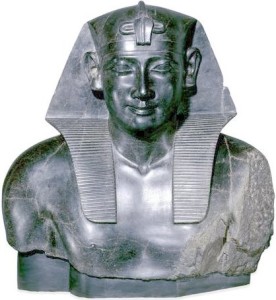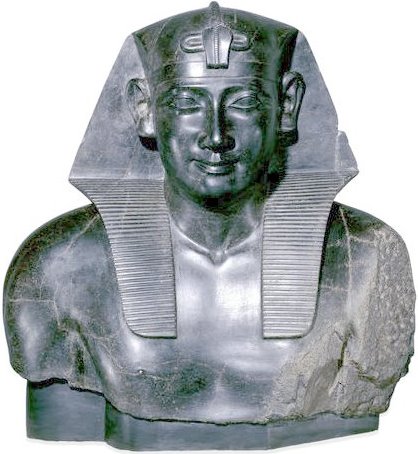 The Letter of Aristeas (whose authorship is uncertain) tells the story of the Greek translation of the Bible under the auspices of Ptolemy II Philadelphus. According to Aristeas, the translation was carried out by 72 sages (hence the name “Septuagint,” meaning seventy) who were brought from Jerusalem to Alexandria for this purpose. The same legend is related by Philo, Josephus, talmudic literature, and the church fathers.
The Letter of Aristeas (whose authorship is uncertain) tells the story of the Greek translation of the Bible under the auspices of Ptolemy II Philadelphus. According to Aristeas, the translation was carried out by 72 sages (hence the name “Septuagint,” meaning seventy) who were brought from Jerusalem to Alexandria for this purpose. The same legend is related by Philo, Josephus, talmudic literature, and the church fathers.
The Babylonian Talmud records the legend in Megillah 9a-
‘R. Judah said- When our teachers permitted Greek, they permitted it only for a scroll of the Torah’ This was on account of the incident related in connection with King Ptolemy, as it has been taught- ‘It is related of King Ptolemy that he brought together seventy-two elders and placed them in seventy-two [separate] rooms, without telling them why he had brought them together, and he went in to each one of them and said to him, Translate for me the Torah of Moses your master. G-d then prompted each one of them and they all conceived the same idea and wrote for him, G-d created in the beginning, I shall make man in image and likeness, And he finished on the sixth day,and rested on the seventh day, Male and female he created him [but they did not write ‘created them’], Come let me descend and confound their tongues, And Sarah laughed among her relatives; For in their anger they slew an ox and in their wrath they digged up a stall; And Moses took his wife and his children, and made them ride on a carrier of men; And the abode of the children of Israel which they stayed in Egypt and in other lands was four hundred years…
At first only the Pentateuch (Torah) was translated, but in the first centuries CE this tradition was expanded to include all of the translated biblical books.
The importance of the Septuagint for biblical scholarship is twofold-
1. The Hebrew source for the Septuagint differs significantly from other textual witnesses, making it an important source for study of textual variants.
2. The Septuagint contains early exegesis of the Bible.
See also-
